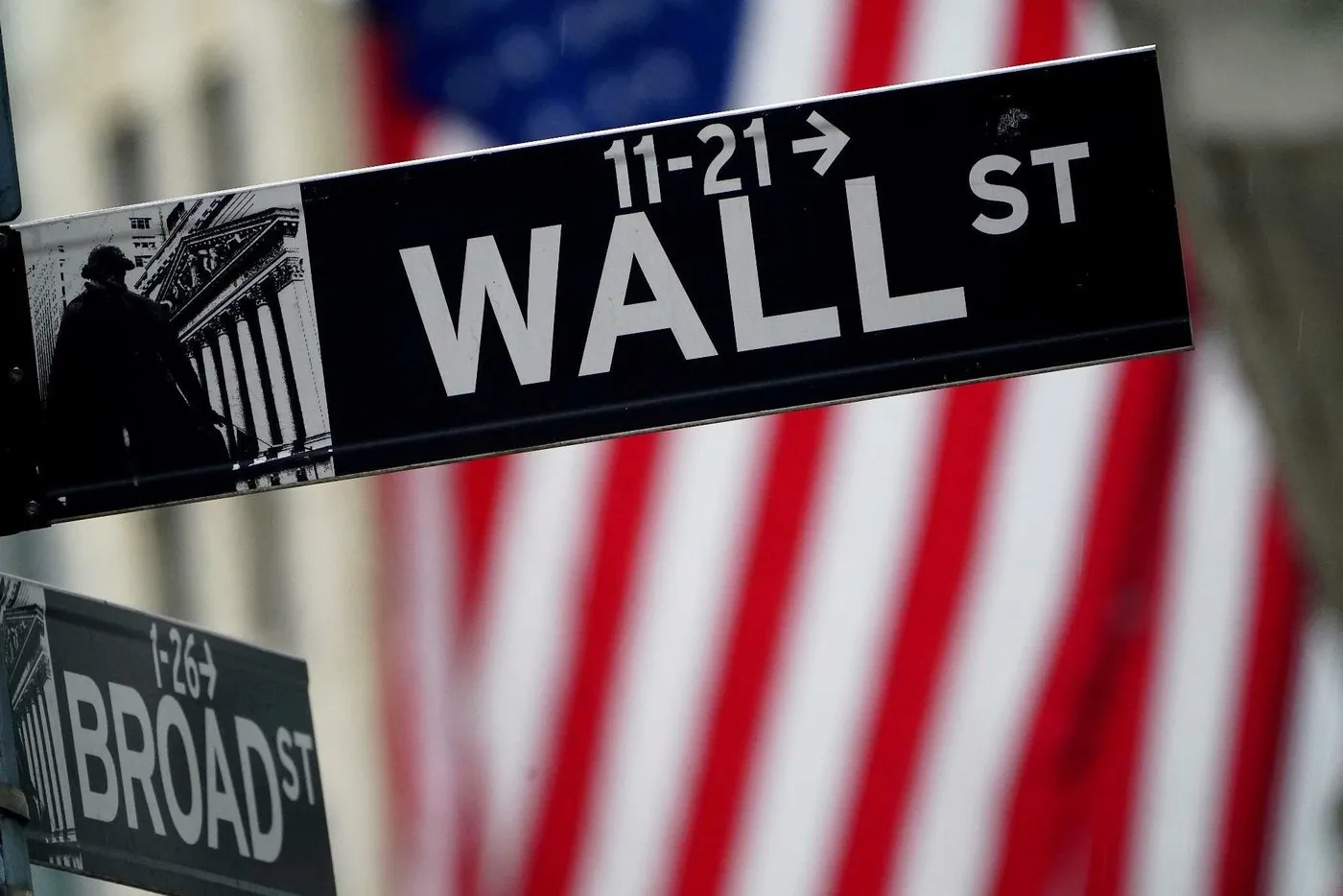Is Consumer Confidence on the Rise? Shocking Insights You Need to Know!
In February 2025, a significant downturn in consumer confidence was reported, marking the largest monthly decline since August 2021. This drop raises critical questions about the current state of the economy, particularly as the Consumer Confidence Index (CCI) reflects the optimism—or lack thereof—among consumers regarding their financial situations and the broader economic landscape. With only 46.8% of consumers expecting stock prices to rise in the coming year, the prevailing sentiment indicates a retreat from bullishness in the stock market.
The decline in consumer confidence has persisted for two consecutive months, with January also recording a downturn. This trend is notable given that traditional economic indicators suggest a robust economy. However, the disconnect between these macroeconomic data points and household sentiment is becoming increasingly apparent. As consumer confidence wanes, the implications for consumer spending—a critical driver of economic growth—cannot be overlooked.
Rising inflation and concerns over economic stability are key factors contributing to the current decline in consumer confidence. Many consumers express heightened anxiety regarding job security and potential layoffs, which further exacerbates their pessimistic outlook. According to recent surveys, these worries have shifted consumer behavior, causing them to adopt a more cautious approach to spending.
Understanding consumer sentiment is vital for businesses, as it directly influences buying intentions and overall market trends. As consumer confidence dips, the retail sector is likely to face challenges, with reduced discretionary spending leading to lower sales figures. Executives and business leaders must adapt their strategies to align with the current attitudes of consumers, who are increasingly wary of economic fluctuations.
Interestingly, there are regional variations in consumer confidence, with some areas displaying more resilience than others. Local economic conditions play a significant role in shaping these differences, highlighting the importance of tailored approaches for businesses operating in diverse markets. The impact of social media and news coverage on consumer sentiment is also significant; negative headlines can quickly sway public perception, leading to further declines in confidence.
Experts emphasize the need for transparency and communication from businesses to rebuild trust among consumers. As historical data shows, periods of low consumer confidence often precede economic downturns, making it crucial for stakeholders to take proactive measures. Analysts recommend that policymakers closely monitor consumer confidence as it can serve as an early indicator of economic trends and potential recessions.
In conclusion, the recent decline in consumer confidence poses challenges for the economy and businesses alike. With rising inflation and concerns about job security weighing heavily on consumers’ minds, the outlook remains uncertain. To navigate this complex landscape, businesses must prioritize open communication and adapt their strategies to meet the evolving needs of consumers. As we move forward, understanding and addressing these sentiments will be essential for fostering a more confident and resilient consumer base.
As the situation develops, stakeholders across various sectors will need to remain vigilant and responsive to changes in consumer sentiment, ensuring that they are well-prepared to face the challenges ahead.






Leave a Comment